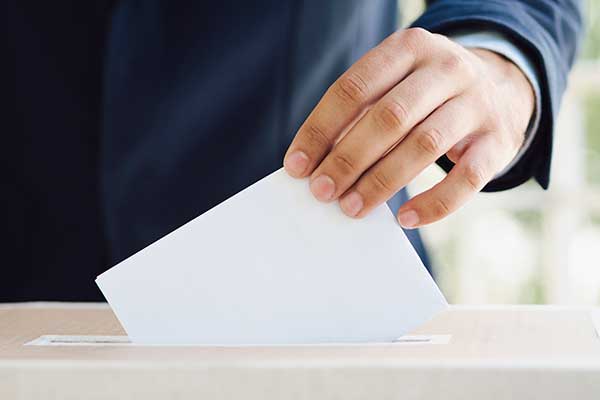Mark Richardson, Public News Service (AZ)
Lawmakers have been busy this legislative session making changes, for better or worse, to the way Arizonans cast their ballots. For seniors and other longtime voters, now is a good time to make sure your voter registration is still in effect and to study up on the new procedures.
One major change is to the Early Voting List, which election officials use to send out early and mail-in ballots. Under the new law, the list is no longer considered “permanent” and elections officials must purge the list of inactive voters for each election.
Brendan Blake, associate state director of advocacy for AARP Arizona, said verifying your status could prevent frustration at the polls.
“We’ll be keeping track of all the information,” Blake asserted. “About where they can find out if, for instance, they will be taken off of the Active Early Voting List, as it’s now called, or giving them links to finding out where they can get to their polling.”
Blake pointed out lawmakers drew new voting districts, which will be used this year through 2030. He is concerned many seniors may not know about changes to their polling locations, and should verify where they should vote. The next election will be the Arizona primaries August 2.
Blake noted under new rules, a voter might be removed from the voting rolls if they have changed their name or address since they last voted. He added election officials will be double-checking signatures and identity documents, especially for those Arizonans who register to vote only in federal elections.
“There’s going to be a lot of noise around ads and stuff like that,” Blake remarked. “It’s just important that they have solid information from trusted sources and want to make sure that everybody who has the right to vote gets the chance to.”
Blake emphasized even though the Arizona primaries are technically “closed” or limited to registered party members, “independent” voters can still have a voice in the process.
“They don’t necessarily know that they can vote in primaries, and so we want to make sure that they can because a lot of races get determined at that level,” Blake observed. “All you have to do is just tell your Recorder’s office which ballot you want to receive for the primary, and that’s how you get to vote.”
There are numerous resources for information on new voting regulations, including the Arizona Secretary of State, the Recorder’s office in your home county, the Citizens Clean Election Commission, or other internet sites, including AARP Arizona, which keeps a current list of election resources.









